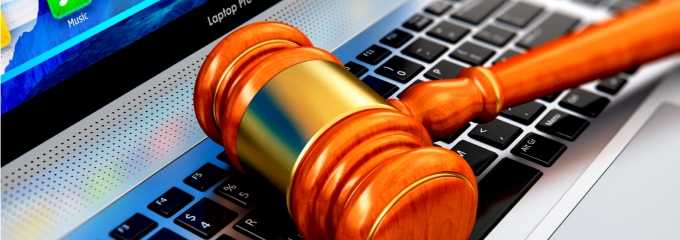
Legislators in Rhode Island are understood to be considering legalizing real money online gambling in a shake up to the U.S. state’s gambling laws. Governor Gina Raimondo is considering legal online sports betting and online casino in a bid to shore up a badly depleted state budget and falling tax revenues from the RI lottery.
Tax revenue from gaming have always been in the top five sources of income for the Ocean State and has historically grown year-on-year. However, in more recent times, waning lottery interest and increased competition from surrounding states has opened up the possibility that online gambling could see a return to Rhode Island.
Currently, the legalities of expansion into online gambling is being considered before the U.S. Supreme Court in the case of Christie v. NCAA, a potentially landmark case that could determine the future of online gambling in the whole of the US.
Rhode Island Speaker of the House Nik Mattiello is ‘very interested’ in seeing what the outcome of this case will be.
Mr Mattiello told GoLocal news website: “If the U.S. Supreme Court issues a favorable ruling to legalize sports betting in New Jersey as expected, I would be very interested in such legislation for Rhode Island.”
“Many details would have to be worked out as to where the betting would take place, but I am certainly open to the possibilities here and would work with the Lottery Commission to make sure it is done appropriately.”
“Depending on the timing of the Supreme Court ruling, I don’t know if this could be in place for the next fiscal year’s budget,” added Mattiello.
A Supreme Court decision in not expected until late Spring 2018, but other states are believed to be considering their options should the decision be favourable to legalizing online gambling.
“The Governor is open to considering legalizing internet sports betting in Rhode Island if the Supreme Court opens a path for states to take action,” said David Ortiz, Raimondo’s spokesperson.
Online gambling is already available in some U.S. states, which include New Jersey, Nevada, and Delaware, while Pennsylvania has made it legal, but has yet to make it available to residents.